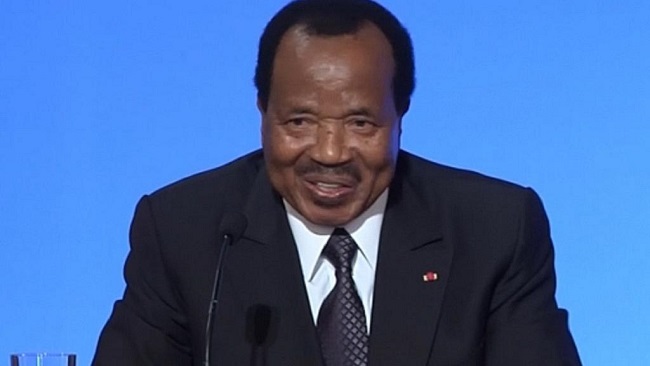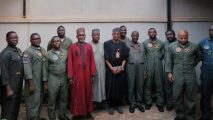14, October 2019
Tunisia’s Kais Saied wins presidential election runoff 0
Tunisia’s Kais Saied won the presidential election with 76.9% of votes, according to state television.
Kais Saied, 61, got more than 50 percent ahead of Nabil Karoui, a media mogul who was prosecuted for tax evasion. He had 23.11% of votes.
The announcement elicited tears of joy from supporters of Saied in the streets of Tunis. But official results will only be available from Monday.
The independent candidate thanked “the young people who opened a new page of history”, in front of his supporters in a hotel in central Tunis shortly after the announcement of his victory on Sunday.
AFP




























15, October 2019
General elections kick off in Mozambique 0
People are voting in presidential, parliamentary, and provincial elections in Mozambique, amid concerns that a recent peace deal between the country’s ruling party and opposition could come under threat in the event of election-related violence.
Polls opened for almost 13 million voters in the southern African nation early on Tuesday morning.
Authorities will start counting the ballots after polls close at 6 pm local time and are expected to continue through the night.
Preliminary results are expected no earlier than Wednesday.
The vote is a competition between the ruling Frelimo Party of President Filipe Nyusi and former rebel group-turned-opposition Renamo, which is led by Ossufo Momade.
The results are likely to see the president’s party secure a second term. Frelimo has been in power for 44 years, since Mozambique’s independence from Portugal in 1975.
The opposition, meanwhile, is expecting an opportunity for a strong performance in the provincial and legislative races.
A peace deal was signed between President Nyusi and Momade in August, ending years of an armed conflict between government and rebel forces in the country.
Rights groups are now concerned that the deal could be jeopardized since elections have historically been a trigger for violence in Mozambique.
At least 44 people were killed during the election campaign, although most of them died in campaign-related road accidents and some in a stadium stampede at a pro-Nyusi rally.
The United States Embassy warned on Friday of “credible threats” of violence in Nampula. It warned its citizens to avoid the northern city.
Source: Presstv